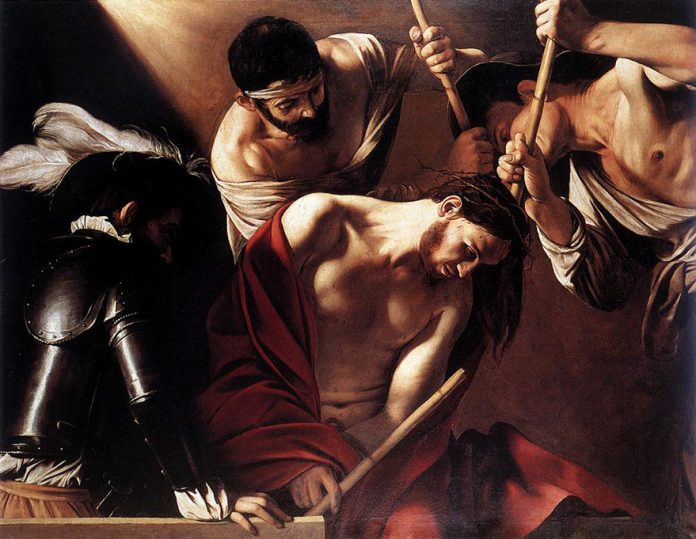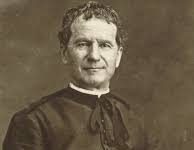(Although the ancient laws and customs may no longer be de rigeur, we may reflect in these solemn days on the zeal of the early Christians – even not far from our modern era – and its profound influence on human society, in that harmony of Church and State we call Christendom).
Author: Abbot Gueranger O.S.B.
AFTER having proposed the forty-days’ fast of Jesus in the desert to the meditation of the faithful during the first four weeks of Lent, the holy Church gives the two weeks which still remain before Easter to the commemoration of the Passion. She would not have her children come to that great day of the immolation of the Lamb, without having prepared for it by compassionating with Him in the sufferings He endured in their stead.
The most ancient sacramentaries and antiphonaries of the several Churches attest, by the prayers, the lessons, and the whole liturgy of these two weeks, that the Passion of our Lord is now the one sole thought of the Christian world. During Passionweek, a saint’s feast, if it occur, will be kept; but Passion Sunday admits no feast, however solemn it may be; and even on those which are kept during the days intervening between Passion and Palm Sunday, there is always made a commemoration of the Passion, and the holy images are not allowed to be uncovered.
(To continue reading, please see here).












